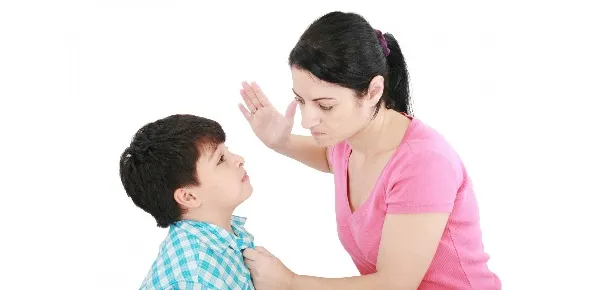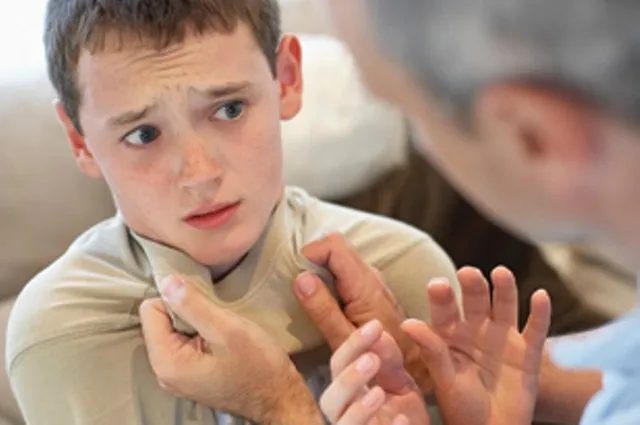Usually, we tend to let lose our anger on small things when it comes to the behaviour of our kids/children. Even minutest issues can go out of proportion, if not handled properly. Resulting in battering the child. This can have serious concerns in the long run...for sure !!!
Sometimes, the child is at fault and sometimes its the temperament of the parent or a guardian that can go out of proportion for various other reasons, resulting in venting his/her anger against the child. Things can really go ugly here...onwards. But it is definitely avoidable !!! Just TRY !!! ( #self-improvement ) ( #control ) ( #restraint ) ( #refrain )
Child battering is never necessary. It is a heinous act that causes physical and psychological harm to children and has no benefits for anyone involved.

Source
In fact, #child #battering is a form of #violence that not only harms the child but also punishes the #perpetrator, who may be the #parent or #caregiver.
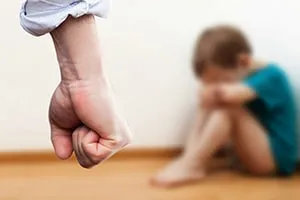
Source
Child battering is unnecessary because there are other effective ways to #discipline #children. Discipline is an important part of #parenting, and it is important to teach children appropriate #behavior and consequences for their actions. However, discipline should never involve #physical #violence.
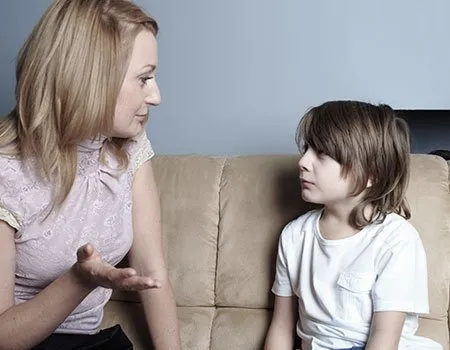
Source
Effective discipline techniques include setting clear boundaries, positive reinforcement, and natural consequences. Parents can use positive reinforcement, such as praising children for #good #behavior, as a way to encourage them to continue making #positive choices.
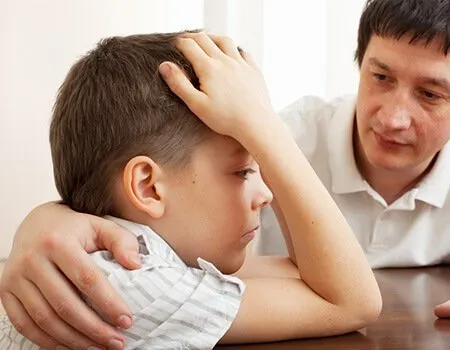
Source
Natural consequences, such as allowing children to experience the consequences of their actions, can also be an effective way to teach children appropriate behavior. For example, if a child breaks a toy, they can learn the natural #consequence of not having that toy anymore.
It harms the child both physically and psychologically. #Physical abuse can cause severe injuries, such as broken bones, bruises, and even death. In addition to physical harm, it can also lead to long-term #psychological damage, such as #anxiety, #depression, and #post-traumatic stress disorder (PTSD).
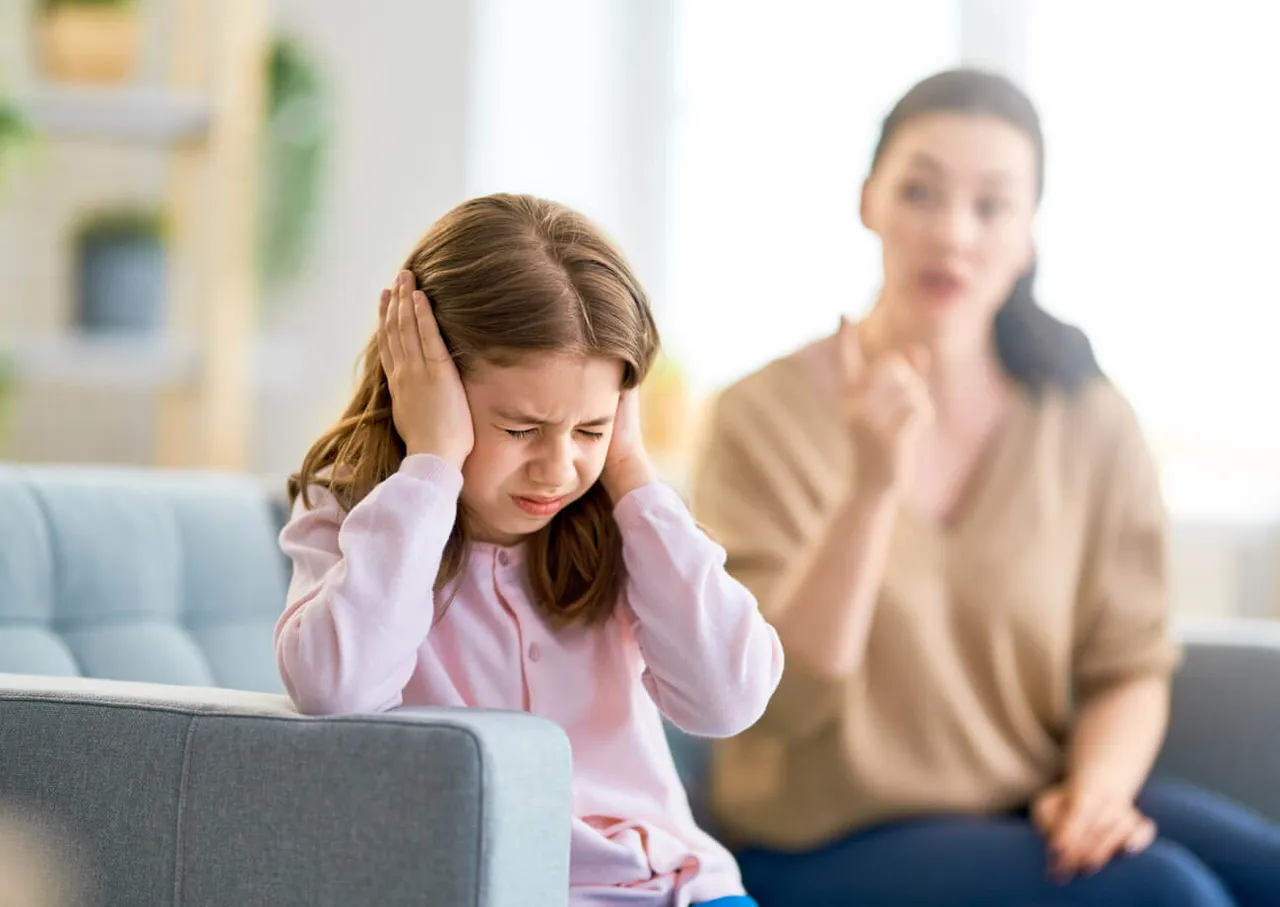
Source
Children who experience physical abuse may also have difficulty forming healthy #relationships later in #life, #struggle with trust issues, and have problems regulating their emotions. Therefore, child battering is not only unnecessary but also causes significant harm to the #child.
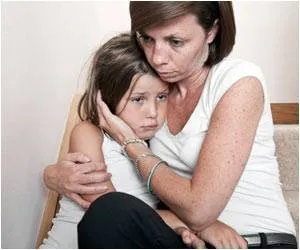
Source
It actually punishes the #abuser as well. The abuser may feel #guilty, #ashamed, and may even face #legal #consequences for their actions.
Infact, it can lead to #strained relationships between the abuser and the child, as well as other family members. The abuser may also struggle with mental health issues, such as #depression and #anxiety, as a result of their actions.
Therefore, child battering not only harms the child but also punishes the abuser.
It is unnecessary and harmful to both the child and the #abuser. There are many effective ways to #discipline children that do not involve #physical #violence.
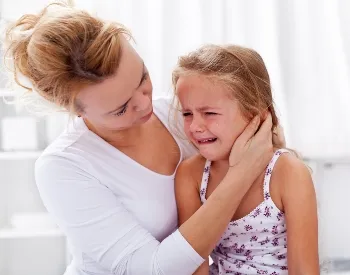
Source
Child battering can cause physical and psychological harm to the child, as well as cause guilt and shame for the abuser. It is important for parents and caregivers to seek help and support if they are struggling with managing their child's behavior, rather than resorting to #violence.
Children have a right to grow up in a safe and nurturing environment, free from violence and #abuse.
Preventive Measures to Follow
Seek professional help and support if you are struggling with managing your child's behavior or dealing with stress.
Use positive reinforcement, such as praise and rewards, to encourage good behavior and positive choices.
Set clear boundaries and expectations for your child's behavior, and be consistent with consequences for breaking rules.
Avoid using physical punishment, such as hitting or spanking, as a form of discipline.
Educate yourself on child development and age-appropriate behavior to better understand your child's needs and abilities.
Be a positive role model for your child, by modeling good behavior and communication skills.
Foster open communication and trust with your child, so they feel comfortable talking to you about their concerns and problems.
Stay calm and avoid reacting impulsively to your child's behavior, especially if it is challenging or frustrating.
Take care of your own mental and physical #health, by getting enough rest, exercise, and support from #friends and #family.
Seek help immediately if you or someone else is in #danger or experiencing violence, and report suspected child abuse to the appropriate authorities.
